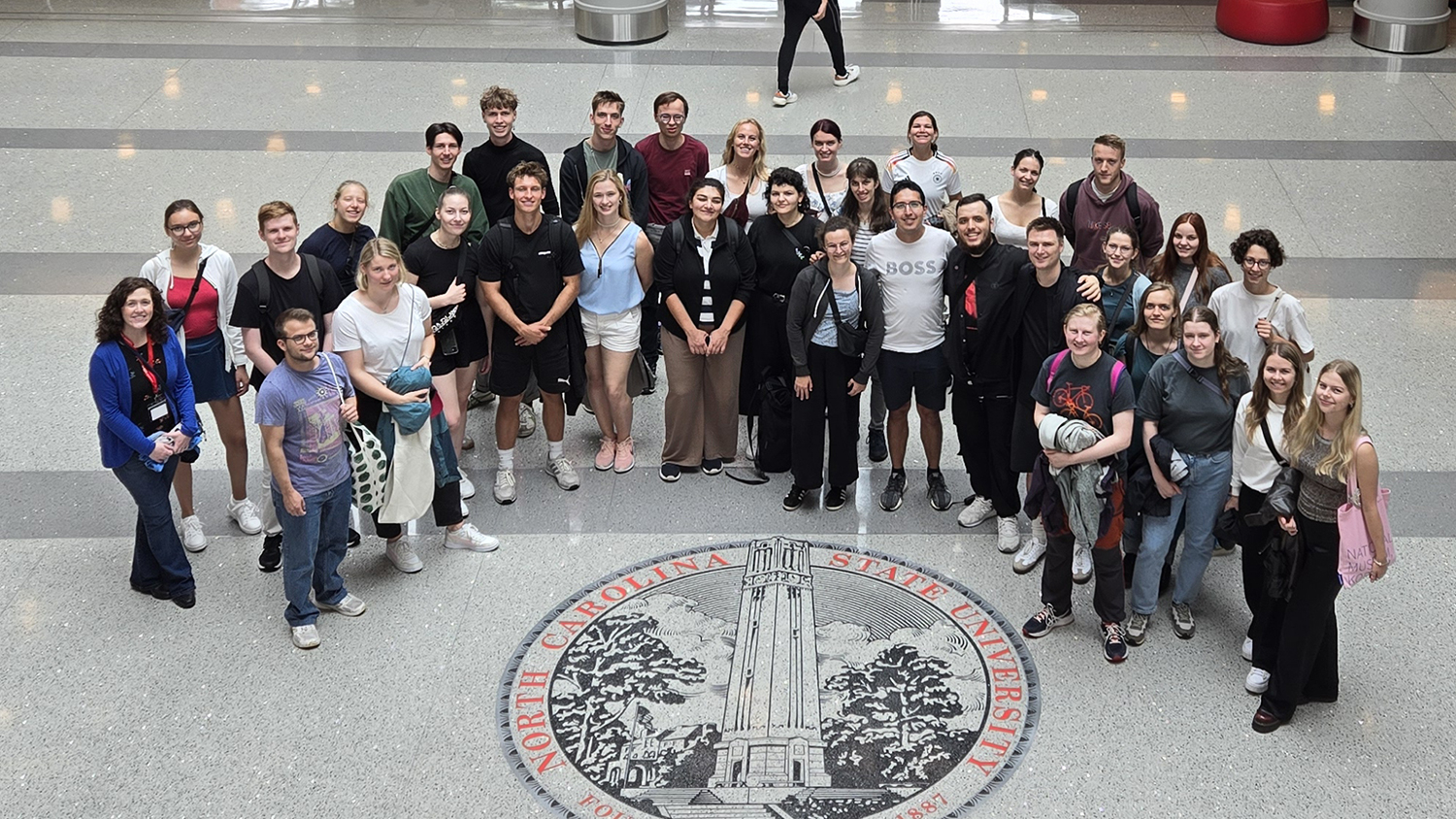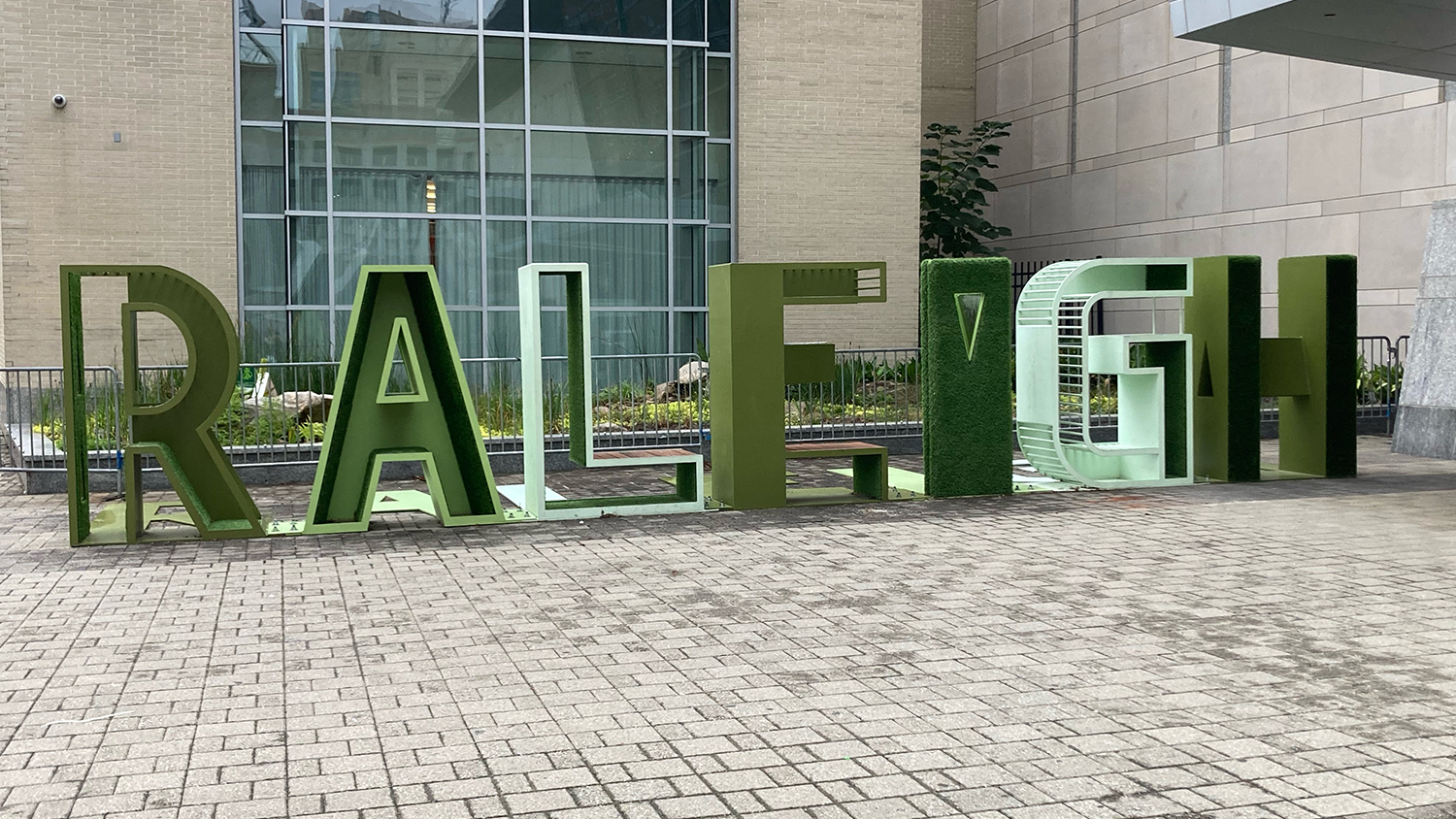A rare state visit to NC State
Japan’s prime minister Fumio Kishida will come to NC State’s Centennial Campus on Friday, the first campus visit by a foreign head of state since 1954.
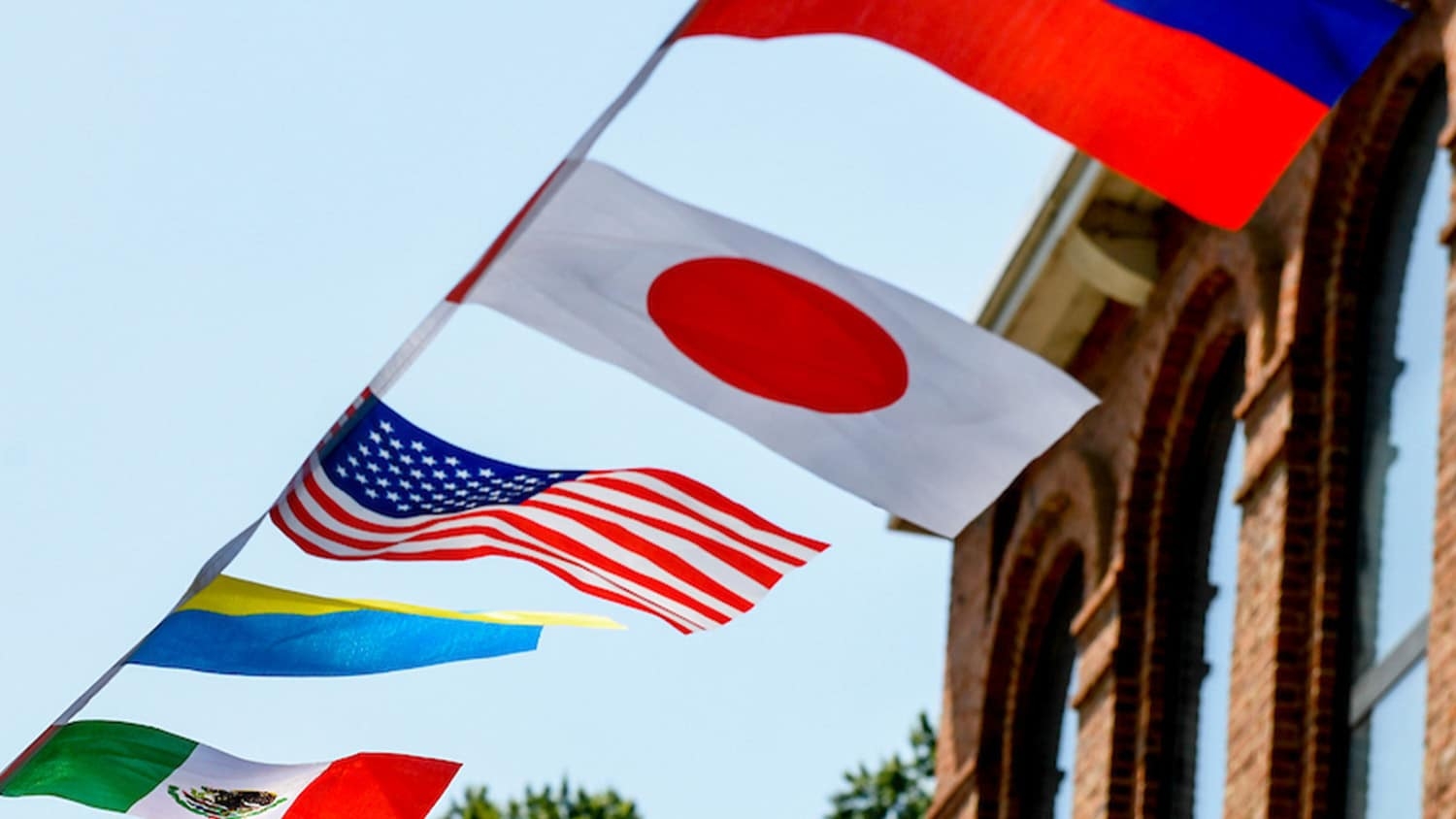
When Stephen Sumner (Industrial Engineering ’96) was randomly paired with a Japanese exchange student in an advanced biology class during his senior year at Dobson’s Surry Central High School, he had no clue just how much that chance encounter would change the trajectory of his life and professional career.
Now, as the director of the North Carolina Japan Center, Sumner and NC State leadership, including Chancellor Randy Woodson, will greet Prime Minister Fumio Kishida of Japan, the first foreign head of state to officially visit NC State’s campus in nearly 70 years.
Kishida, his wife, Japanese ambassador Shigeo Yamada, Gov. Roy Cooper and General Consul Mio Maeda will make two stops on their 90-minute visit to Centennial Campus, where they will engage with students from Raleigh’s Exploris Middle School, NC State, UNC-Chapel Hill and Duke, as well as adult community learners from the Japan Center.
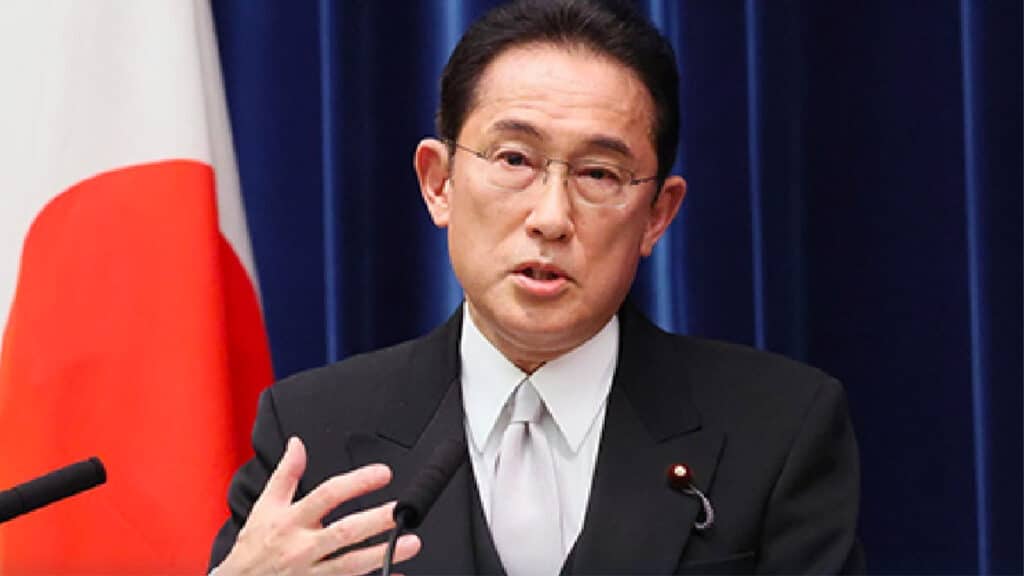
“The Japan Center is the key focal point for North Carolina-Japan relations here in the state,” says Sumner, who took over the position of the 44-year-old center last September. “This is a great opportunity to push us back up to the forefront of activity here in North Carolina, as it relates to Japan. Get us back on people’s radar and remind people of the 40-year legacy, soon to be 45.”
On Monday, Kishida began his seven-day visit to the United States, the first by a Japanese prime minister in nine years. He had a White House summit with President Joe Biden on Wednesday and addressed a joint session of Congress on Thursday.
He will travel to North Carolina’s Triad region early Friday morning to visit a HondaJet manufacturing facility in Greensboro and the Toyota Battery Manufacturing NC facility in Liberty. After a state luncheon with Cooper at the governor’s mansion in downtown Raleigh, the Japanese delegation will make two stops on Centennial Campus, first at the Nagoya University Global Campus at Partners I, then at the Japan Center, located in the Spring Hill House on the Dix Park side of Centennial Boulevard.
While here, Kishida will meet with six Japanese students studying at NC State, UNC-Chapel Hill and Duke at the Nagoya offices, then 10 Raleigh middle school students who just returned from a trip to Japan. Three NC State and two UNC-Charlotte students will be presented with the Order of the Dogwood prize for their statewide academic excellence related to Japanese studies. Finally, five of the 130 students who are taking continuing education classes at the Japan Center will greet the delegation.
“I hope by showing the impact we have on the educational opportunities for students of all ages through research and technology, this state visit will open more doors for partnerships for public and private companies that benefit both Japan and the state of North Carolina,” says Woodson. “Our longstanding partnership with Nagoya University is a prime example of that.”
The visit has been in the works since February and was announced last week.
Longstanding Ties
NC State’s longstanding ties with Japan goes back to the 19th century, when Japanese-born Teisaku Sugishita became the first international graduate of the North Carolina College for Agriculture and Mechanic Arts in 1896.
Sugishita, a quarterback for A&M’s football team, is believed to be the first native of Japan to play college football in the U.S.
On July 11, 1980, following a state trade mission to Tokyo, Gov. James B. Hunt, Jr. (’56, ’59) and School of Humanities and Social Sciences dean Robert Tilman established the North Carolina Japan Center, naming 19 inaugural members to a faculty development program. Later that year, then-Chancellor Bruce Poulton visited Japan’s Nagoya University, establishing formal ties with the country’s fourth-largest university.
Nagoya has had a presence at NC State for more than 15 years and last year established the Nagoya Global Campus, offering dual-degree programs, large-scale student exchanges, joint faculty research with industry partners and global internships for students from both institutions.
In the four-and-a-half decades since, the center has been instrumental in developing public and private partnerships around the state, beginning with Raleigh’s $37 million Ajinomoto-USA plant that produced amino acids for the pharmaceutical industry.
Through the years, scores of Japanese manufacturing, technology and pharmaceutical companies have established a foothold in North Carolina’s economy, including the HondaJet and Toyota battery sites in the central part of the state. FUJIFILM Diosynth has maintained a partnership with NC State’s Golden LEAF Biotechnology Training and Education Center (BTEC) for more than a decade and is a strategic partner in the company’s $2 billion manufacturing facility that will open next year in Holly Springs.
A Full Circle Event
For Sumner, the state visit will bring full circle to his relationship with Japan, going back to his advanced biology class with exchange student Susumu Akutagawa. While Sumner departed for NC State and Akutagawa returned to Japan after graduation, they remained close.
Sumner began taking Japanese language classes as a freshman at NC State, even though he had no experience with it.
“I had taken four years of Spanish in high school and I have a good understanding of languages,” he says. “When I got to NC State, I figured if my friend can learn English, I should be able to learn Japanese.”
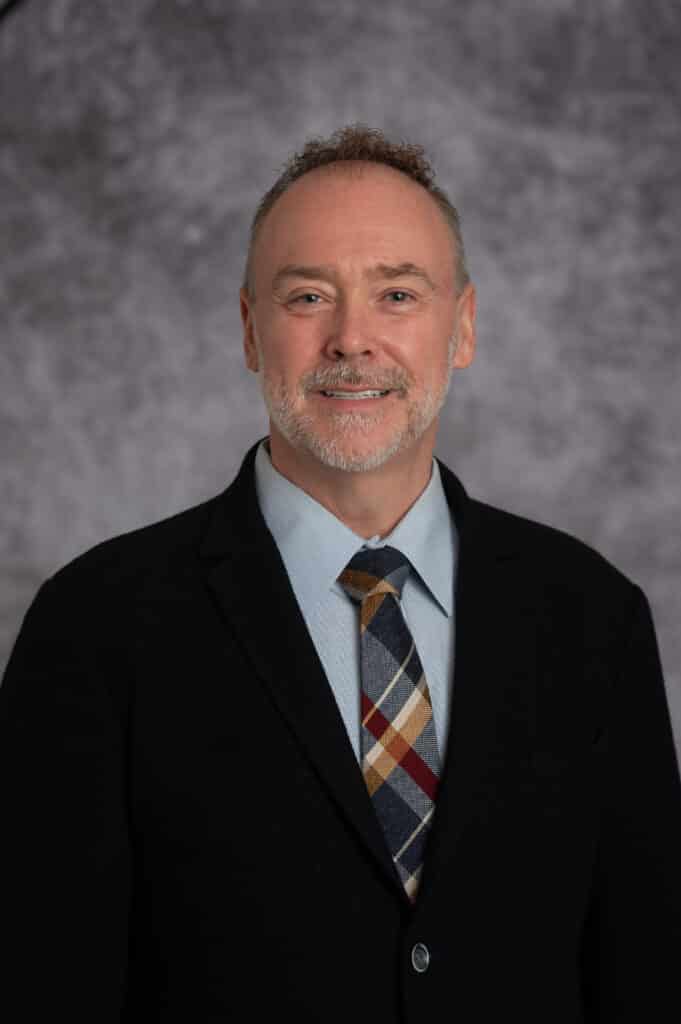
Sumner made his first trip to Japan with a scholarship from the Japan Center in the summer of 1993 and served two internships there while a student.
He spent 14 of his 19 years with American company Entegris working in Japan, where he was a co-worker of Akutagawa’s sister, then returned to the U.S. in 2020 to pursue a new career in higher education at the University of Nevada, Las Vegas until he was named the Japan Center’s seventh director last fall.
Six months after his first day on the job, he received a call from the consulate general in Atlanta asking if NC State would like to host the prime minister.
“I nearly dropped the phone,” he says.
The last month has been filled with a half dozen visits by Japanese advance teams, security personnel and internal planners. Sumner has not been allowed to share the news of the visit with his friends in either country.
“After Friday, you can be sure all of my friends will hear from me,” Sumner says.
A Rare State Visit
Throughout its history, NC State has hosted a multitude of U.S. leaders in both campaign and policy events. Lyndon B. Johnson was the first sitting president to visit campus, while supporting the passage of the Civil Rights Act in 1964. Ronald Reagan gave a tax policy speech at Reynolds Coliseum in 1985, and George H.W. Bush, Bill Clinton and Barack Obama all visited campus during their administrations.
However, this is the first visit to campus by a foreign head of state since Turkish president Celal Bayar spent two days in North Carolina on Feb. 25 and 26, 1954, while on a 24-day visit across the United States.
During that visit, Bayar visited all three campuses of the Research Triangle Park partners, touring NC State’s on-campus research nuclear reactor and the School of Textiles. He also visited the Morehead Planetarium in Chapel Hill and the Liggett & Myers cigarette manufacturing facility in Durham, where he stayed overnight on Duke’s campus.
While at NC State, Bayar was entertained by the school’s Army ROTC Pershing Rifles unit, the drum and bugle corps and the Air Force ROTC drill team. He then left to explore eastern North Carolina tobacco fields in Rocky Mount, seeing NC State agricultural research in action.
Kishida’s visit will be much more focused on manufacturing partnerships and development, but it will again showcase the work NC State has done to broaden North Carolina’s economy.
This post was originally published in NC State News.

